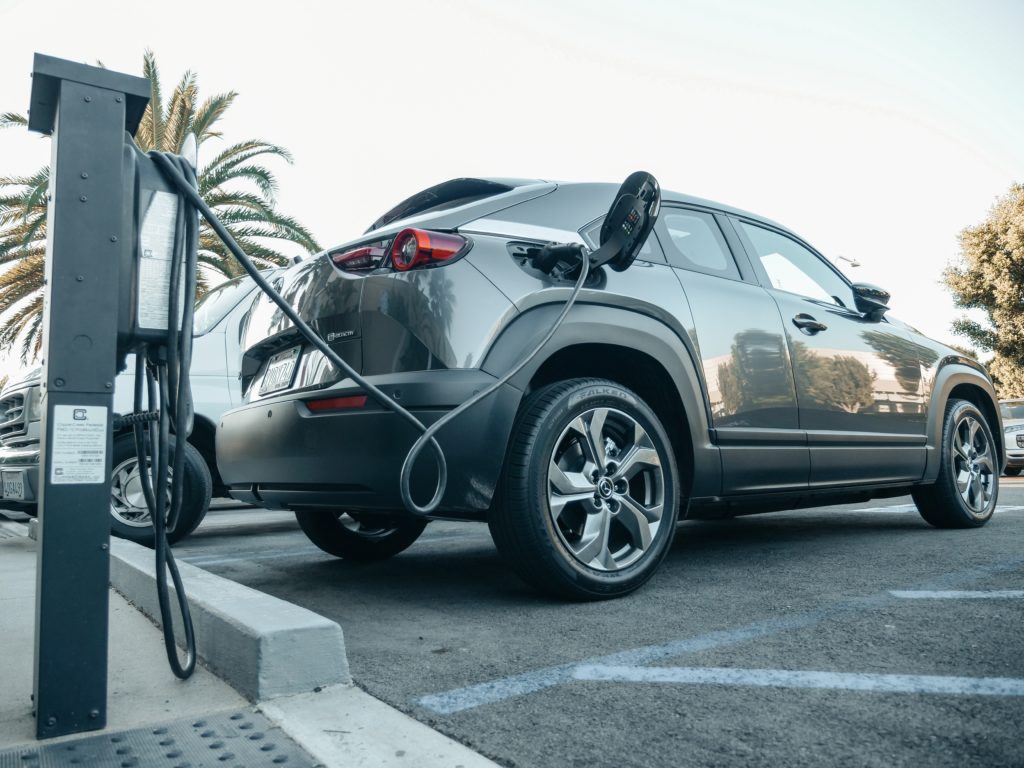The future of fleet businesses is constantly evolving and adapting to the changing needs of customers. As we move into 2023, there are a few major trends that fleet businesses should be aware of to stay competitive in the market and remain profitable. So, let’s look at some major trends that fleet businesses should look forward to in 2023, including automation and artificial intelligence, flexible fleet management platforms, the rise of electric vehicles, and the use of big data to make smarter decisions.
Automation and artificial intelligence
Fleet businesses are quickly adopting automation technology to improve the efficiency of their operations. Automation technologies can improve route accuracy and reduce human error, allowing for a more efficient distribution of tasks. Automated dispatch systems also allow for a more efficient distribution of tasks and the ability to identify and dispatch drivers based on their habits and preferences. Additionally, AI can learn driver habits and preferences to ensure safe driving. By implementing technologies like a tachograph into your fleet business, you can ensure that your operations are running smoothly, making it easier for you to focus on your core business goals.
Flexible fleet management platforms
Fleet businesses are constantly looking for ways to improve efficiency and increase profits. One way to do this is by using flexible fleet management platforms. These platforms allow you to manage your entire fleet in a single location, making it easier to track your vehicles and make decisions based on data. Moreover, these platforms often come equipped with automated analytics tools that make decision-making much easier.
The rise of electric vehicles
Fleet business owners are always on the lookout for ways to reduce environmental impact and improve operational efficiency. Electric vehicles offer several great benefits for fleet businesses, including:
- Zero emissions reduce the environmental impact of your fleet.
- Lower operational costs due to efficient energy usage.
- Short charging times and long-range features make electric vehicles perfect for on-the-go operations.
- Access to government incentives and subsidies can help reduce your overall costs while still achieving the desired environmental goals.
- Advanced safety features in electric vehicles make them ideal for commercial use.
- More efficient parts and maintenance needs mean that you won’t need to spend as much money on repairs or replacements over time, an important consideration when it comes to running a fleet of cars.
Big data for smarter decisions
Using Big Data enables businesses to make smarter decisions regarding their fleets. Advanced analytics and machine learning can aid in predictive maintenance by helping to identify and address issues before they become costly problems. As per the research by Webfleet, Big Data can also be used to analyze driver behavior, route utilization, and fuel economy, allowing businesses to make more informed decisions about their fleets. With this information, companies can optimize routes, improve fuel economy and reduce the cost of managing their fleet. Moreover, the insights gained can be used to train drivers in the practice of safe driving and promote healthy practices throughout their fleet.
In conclusion
The future of fleet businesses is ever-evolving and exciting. The five major trends discussed above are just the tip of the iceberg when it comes to what to expect in 2023. By taking advantage of these technologies, fleets can ensure operational efficiency and maintain their competitive advantage in their respective markets.
- Future-Proof Your Compliance: What to Look for in 2025 - July 11, 2025
- How WordPress Is Evolving into an Enterprise Platform - July 11, 2025
- Advanced Tech Solutions For Managing Work Availability - April 14, 2025



